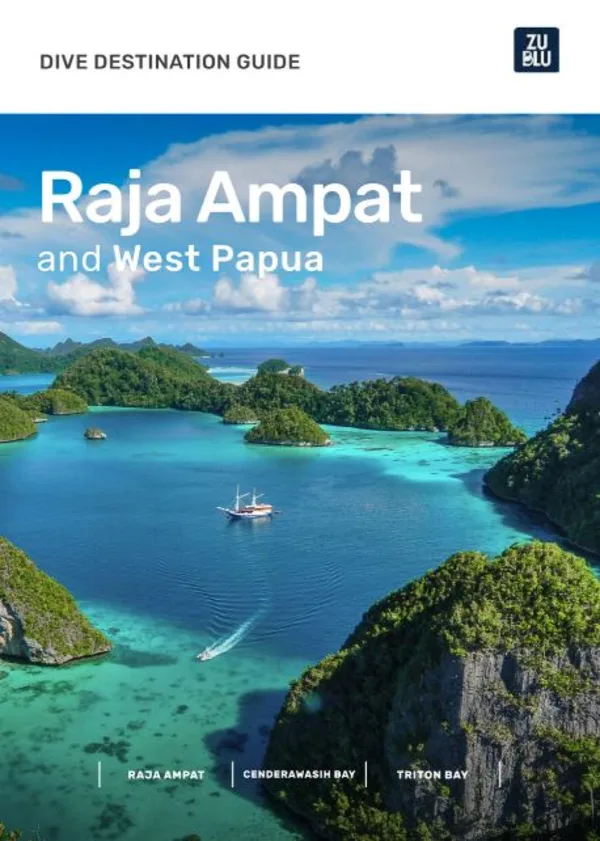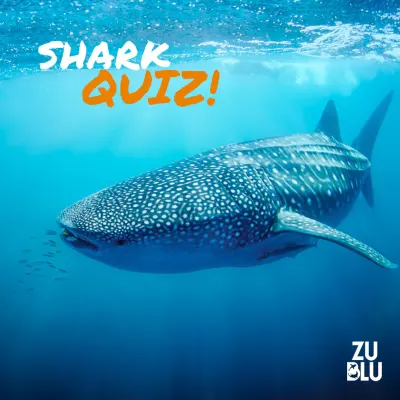The zebra shark - also known as the Indo-Pacific leopard shark thanks to its adult markings - is endangered throughout Southeast Asia. But, as reported in an article by the Bird’s Head Seascape, an enthusiastic team of scientists and conservationists believe they have the answer to help conserve this species.
The team is made up of several Indonesian government agencies, academia, NGOs and large aquariums, and is part of a groundbreaking initiative to rewild zebra sharks in key areas throughout their range. Known as the StAR (Stegostoma tigrinum Augmentation and Recovery) project, this initiative is due to commence next year, with an initial focus on Raja Ampat.
Zebra sharks are an oviparous - or egg laying - species, and a series of successful aquarium breeding programs in the US have managed to produce a high number of zebra shark egg cases. The StAR project team believes they can transfer these captive-bred egg cases to the wild, potentially restoring self-sustaining populations.

The zebra shark population in Raja Ampat is believed to be so low and so geographically fragmented that it has not recovered like other shark species since the region’s shark fishing ban took effect in 2013. But, it’s well-developed network of marine protected areas and a blanket ban on shark fishing make it the perfect initial site for “rewilding”.
West Papua is committed to “the protection and prevention of the extinction of endemic species, and the implementation to safeguard rare and endemic species,” according to Dr. Charlie Heatubun, the Head of the Research and Development Agency of West Papua Province and professor at the University of Papua. Dr. Heatubun also foresees that the rewilding of zebra sharks in Raja Ampat will benefit both the environment and local communities.
Two custom-built hatcheries, measuring around 70cm in length, are standing by to house the egg cases once they arrive. As the juvenile sharks hatch, they will be tagged with acoustic and RFID tags to enable close monitoring of their survival and movements in the wild. The hope is for a sustainable population of zebra sharks to thrive in Raja Ampat over the next decade, with an eventual expansion of the project to other sites within the Bird’s Head Seascape and beyond.
Senior Researcher at the Indonesian Institute of Sciences, Dr. Fahmi said, “I am very excited to see StAR taking place in Indonesia with cooperation from multi-national and multi-institutional partners. The success of StAR will not only restore an endangered species using robust scientific methods, it will also benefit Indonesia’s reputation as a nation concerned about shark conservation. There will also be a lasting benefit to our young Indonesian scientists and conservationists who will gain a great deal of knowledge about other egg laying shark species, and who will be able to use this knowledge as similar conservation programs expand to other areas within Indonesia.”
The public can monitor the project’s progress on the Bird’s Head Seascape website, where they’ll find updates as the egg cases arrive in Raja Ampat, hatch into well cared for pups, and grow into juvenile zebra sharks.
Ready to explore Raja Ampat?
Contact one of our dive travel experts today to book your next scuba diving holiday.

ZuBlu is the leading dive travel agency to search, compare and book scuba diving travel worldwide.






